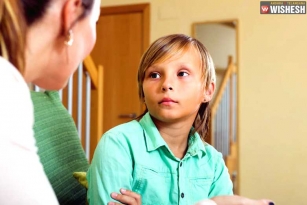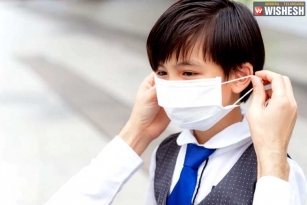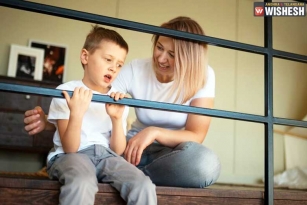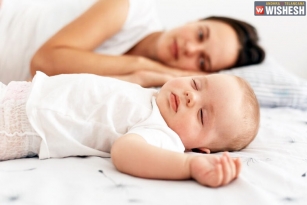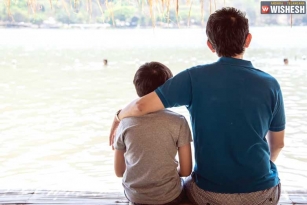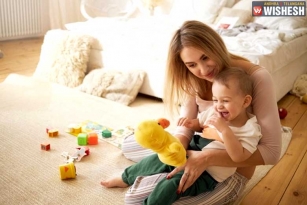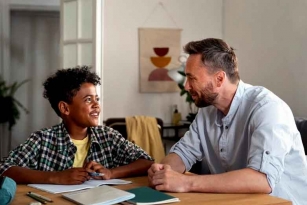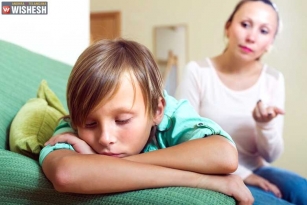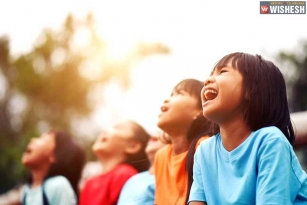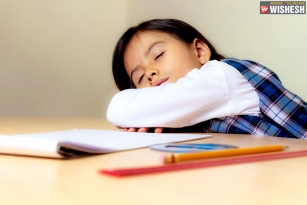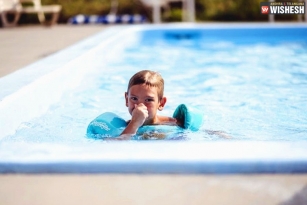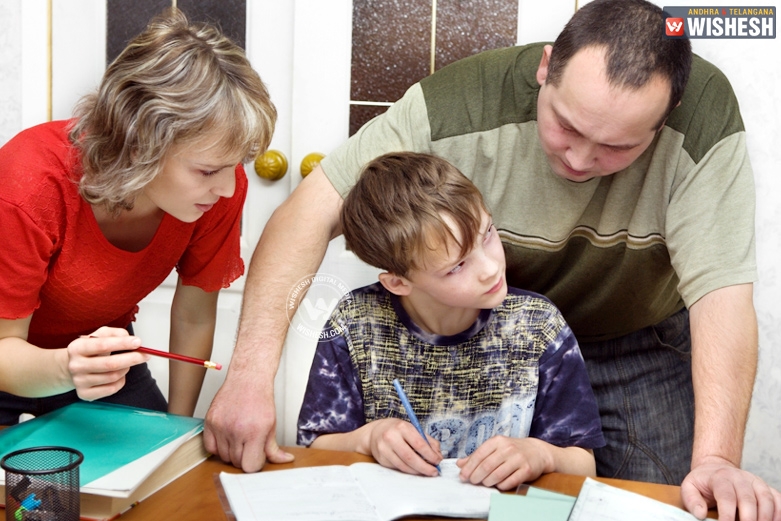
Parents, do you know extra care and love cam harm your kids? It was proved by a new study conducted by the researchers at Brigham Young University. From the study they found that that parental warmth cannot neutralise the consequences of helicopter parenting.
Helicopter parenting is defined as the over-involvement in the lives of their children. This includes making important decisions for them, solving their problems and intervening in their children's conflicts.
In the study, 438 undergraduate students from four US universities self-reported on their parents controlling behavior, their sense of self-worth and their risk behaviors and study habits. Responses from the student participants, whose average age was 19, indicate an association between helicopter parenting with decreasing self-esteem and increasingly risky behavior, according to the study.
"Overall, stepping in and doing for a child what the child developmentally should be doing for him or herself, is negative," says Nelson. "Regardless of the form of control, it's harmful at this time period." Nelson advises parents not to overcompensate by stepping back too far, for young people need support from their parents -- just not control. "Lack of control does not mean lack of involvement, warmth and support," he says.
High levels of parental warmth reduced the negative effects, but did not eliminate them completely. Young adults deserve more autonomy, but still need parental support, noted the study published in the journal Emerging Adulthood.
By Lizitha


